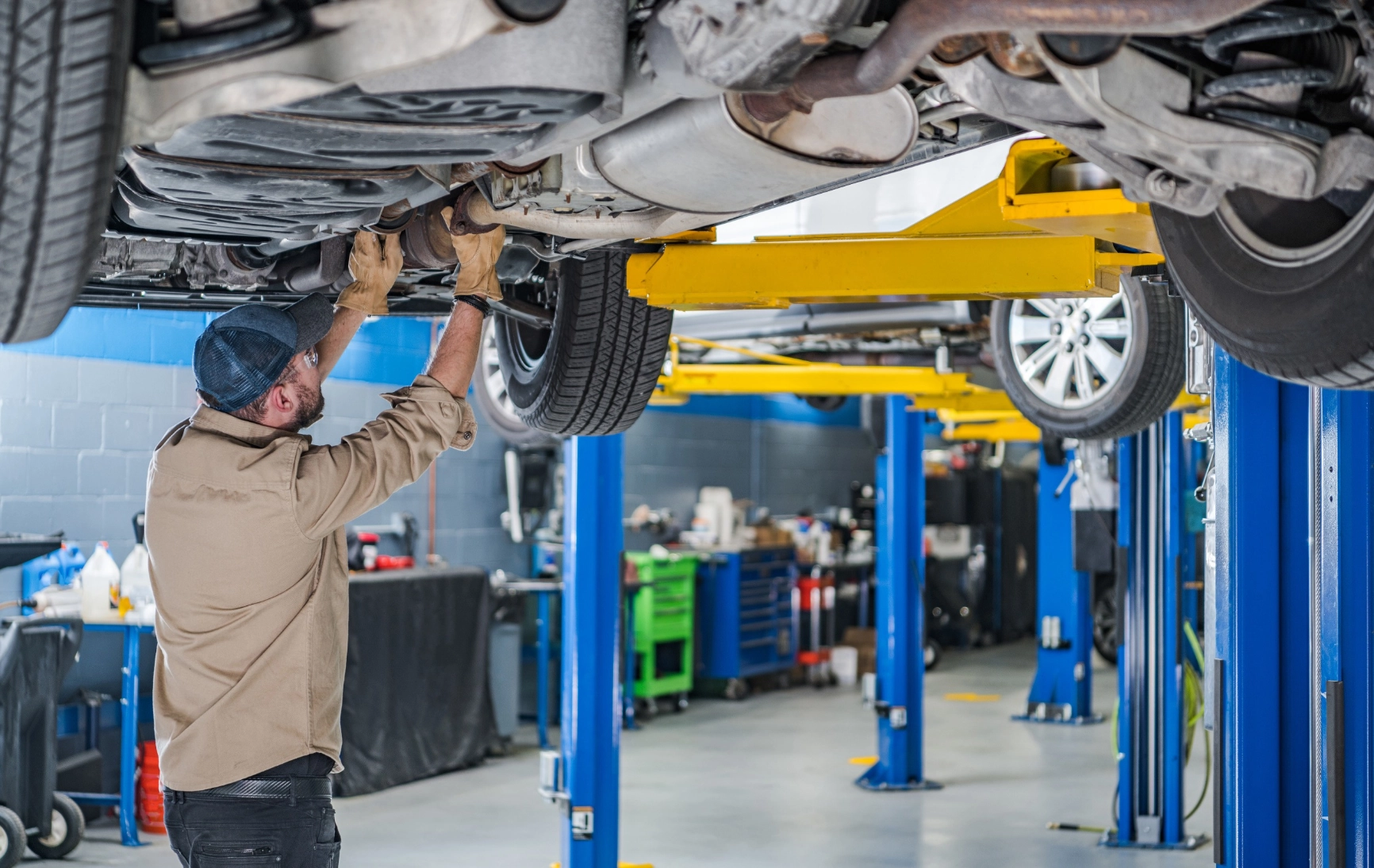All Categories
Featured
Routine engine tune-ups are crucial for keeping your automobile's efficiency, enhancing gas performance, and expanding its life expectancy. Whether you're an experienced cars and truck proprietor or a novice, recognizing the key aspects of an engine tune-up can help you keep your cars and truck running smoothly for years. Right here are some necessary tips to direct you via the procedure.
- Modification the Flicker Plugs. Ignition system are tiny but mighty parts that play a crucial function in firing up the fuel-air mix in your engine. With time, they can put on out or come to be fouled, causing bad engine efficiency, minimized fuel efficiency, and difficult begins.
During a tune-up, inspect your ignition system for wear and replace them as essential. For the majority of lorries, ignition system should be changed every 30,000 to 100,000 miles, relying on the type and material. Fresh ignition system make sure efficient burning and smoother engine procedure.
- Evaluate and Replace the Air Filter. The air filter is your engine's initial line of protection versus dust, particles, and other contaminants. A clogged or filthy air filter can restrict airflow, causing your engine to work harder and eat more gas.
Inspect your air filter throughout a tune-up and change it if it's unclean or past its recommended service interval. A clean air filter boosts engine effectiveness and boosts fuel economic climate.
- Inspect the Fuel System. With time, your fuel system can accumulate dust and carbon down payments, lowering engine efficiency and fuel efficiency. Cleaning up the gas injectors and fuel lines throughout a tune-up assists maintain proper fuel distribution and combustion.
You can make use of a gas system cleaner or have an expert mechanic carry out a more extensive cleaning. This step is especially helpful for older automobiles or autos often driven in stop-and-go website traffic.
- Evaluate the Belts and Hose pipes. Belts and hoses are essential for different engine features, such as running the generator, water pump, and a/c. Throughout a tune-up, look for fractures, fraying, or indications of endure these components.
Replace any type of damaged belts and tubes to stop potential break downs. A damaged belt or dripping pipe can lead to engine getting too hot or loss of power, so addressing these issues immediately is necessary.
- Change the Engine Oil and Oil Filter. Engine oil is crucial for lubing moving components, reducing rubbing, and managing engine temperature. In time, oil ends up being infected and loses its efficiency.
As part of a tune-up, replace the engine oil and oil filter. Utilize the type of oil advised by your vehicle's manufacturer and stick to the recommended change periods. Tidy oil keeps your engine running smoothly and avoids early wear.
- Test the Battery and Billing System. A healthy battery is important for starting your auto and powering its electric systems. Throughout a tune-up, examine the battery's voltage and examine the terminals for corrosion. Tidy the terminals if required and make certain a secure connection.
Additionally, examination the generator and charging system to guarantee your battery continues to be billed throughout operation. If your battery is weak or old, consider changing it to stay clear of unexpected failures.
- Flush and Replenish the Coolant. The air conditioning system controls your engine's temperature level, preventing it from overheating. Old or contaminated coolant can shed its effectiveness, leading to possible engine damages.
Throughout a tune-up, flush the old coolant and change it with a fresh combination. Likewise, inspect the radiator, thermostat, and hoses for leakages or damages. Maintaining the air conditioning system in excellent problem guarantees your engine runs at the appropriate temperature level.

- Address Warning Lights and Unusual Symptoms. Modern vehicles are furnished with diagnostic systems that notify you to potential issues through control panel warning lights. If your check engine light or any various other alerting indications get on, address them throughout your tune-up.
In addition, take note of unusual signs and symptoms such as strange sounds, rough idling, or decreased fuel effectiveness. An expert auto mechanic can detect and fix these issues throughout the tune-up process.
- Do Not Forget the Exhaust System. Your cars and truck's exhaust system removes harmful gases from the engine and makes certain correct exhausts. Check the exhaust system for leaks, corrosion, or damages during a tune-up. A damaged exhaust system can affect engine efficiency and bring about environmental and security issues.
- Usage High-Quality Components and Fluids. When changing parts or rounding off fluids during a tune-up, always select high-grade items that satisfy your car's specs. Making use of substandard parts or incorrect fluids can negatively affect your engine's efficiency and long life.
Final Thought: Normal Tune-Ups Are Trick to Engine Health And Wellness. Putting in the time to tune up your engine guarantees it operates effectively, conserves gas, and decreases the risk of malfunctions. Whether you carry out these jobs on your own or count on a trusted technician, routine tune-ups are a financial investment in your automobile's dependability and long life. Comply with these pointers, and you'll appreciate a smoother, a lot more reliable adventure for years to come.
Latest Posts
Explore the Top Auto Repair Deals in Montclare, Chicago
Signs When Your Car Needs Professional Auto Repair at Montclare Auto Repair
Discover Cut Costs on Car Maintenance with Montclare Auto Repair’s Special Deals
More
Latest Posts
Explore the Top Auto Repair Deals in Montclare, Chicago
Signs When Your Car Needs Professional Auto Repair at Montclare Auto Repair
Discover Cut Costs on Car Maintenance with Montclare Auto Repair’s Special Deals